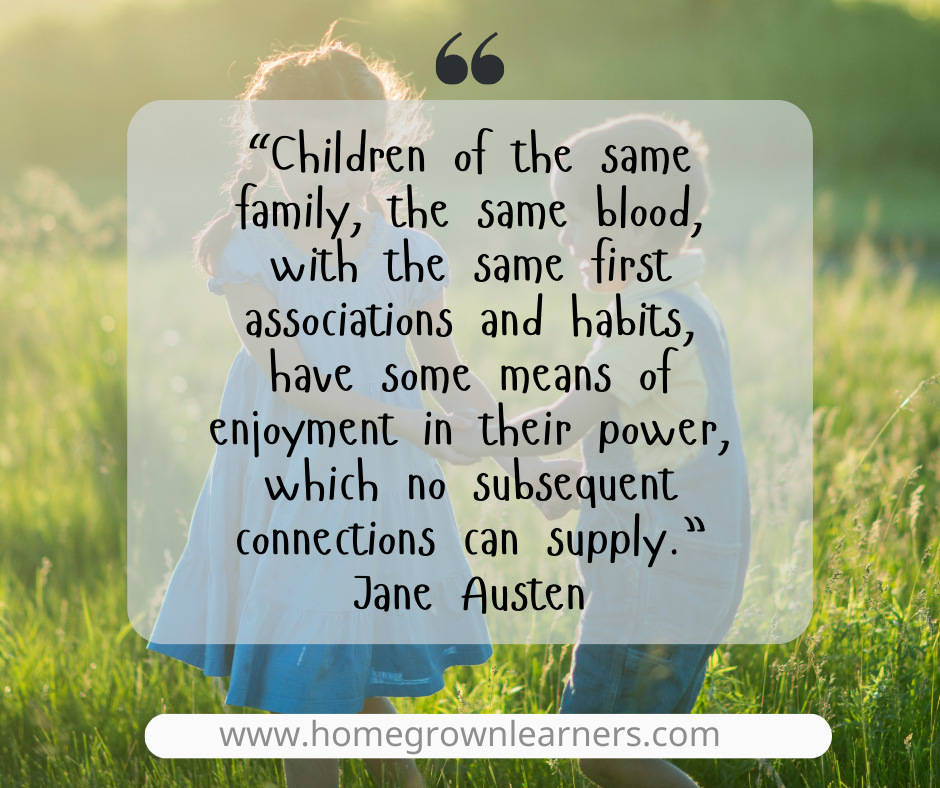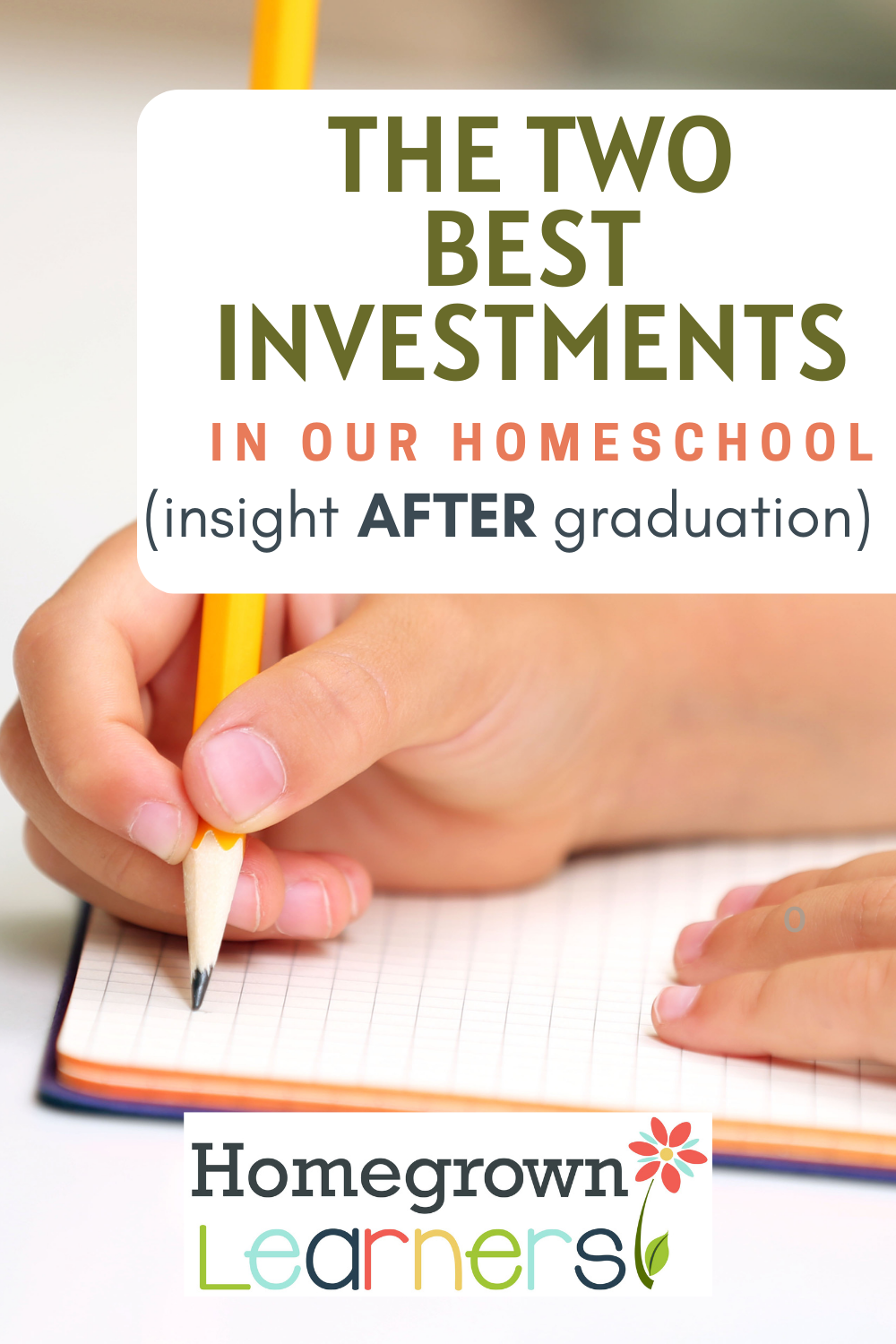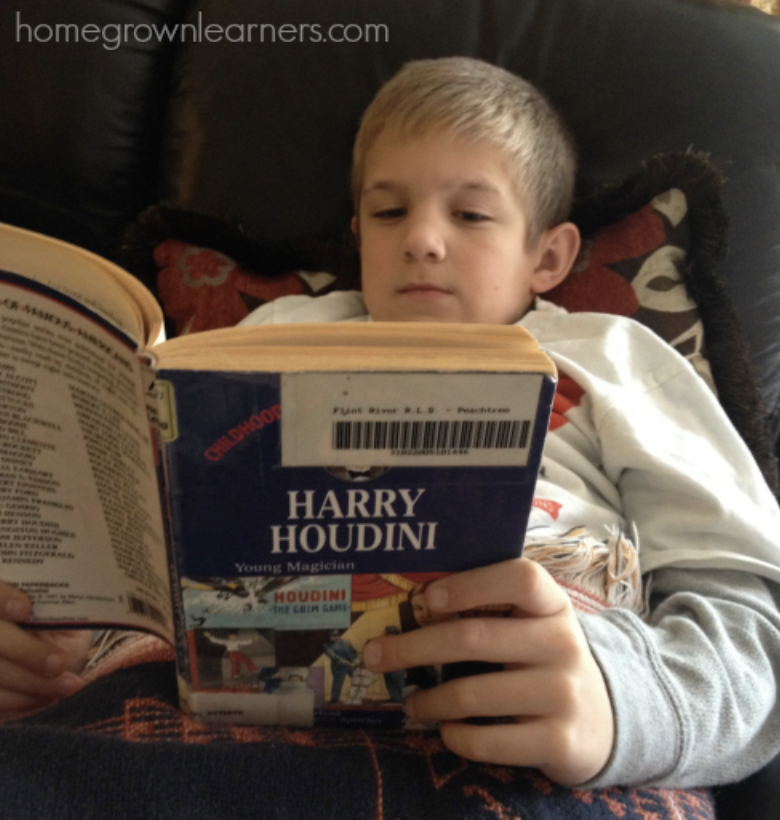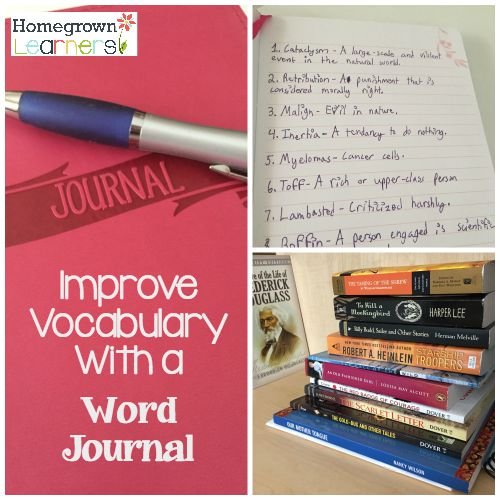Society tells us that peers are more important than family, and that it is “natural” for siblings to be at odds with each other. I disagree.
I heard stories from people about the fighting that would occur and how it was so terrible but so inevitable. Really? Talk about low expectations right out of the gate.
Who are the people that are tied to you by blood (or by adoption!) that will be with you through most of your life? Who are the people that have so many shared memories?
They are your siblings. Siblings are a friend for life, a built-in playmate when you are young, and your confidant as you age.
“Children of the same family, the same blood, with the same first associations and habits, have some means of enjoyment in their power, which no subsequent connections can supply.” Jane Austen
5 Ways to Foster Good Sibling Relationships
Of course, I will tell you about how homeschooling greatly benefits the sibling relationship, but there are several ideas to help foster strong sibling relationships that any parent can use.
Model the sibling relationship you want your children to have. What kind of relationship do you have with your siblings? How do you treat them? Children are keen observers and learn so much from watching their parents.
Encourage sibling relationships before peer relationships. This isn’t to say that our children shouldn’t have outside friends, but a sibling is a BUILT-IN FRIEND. You should foster that sibling relationship first and foremost.
Provide memory-making times for siblings. Something that always brought my children closer together was travel. The kids would share rooms/accommodations and I would watch them grow closer during each trip we made.
Be intentional about building each other up. Have your children actually speak aloud what they appreciate about their sibling(s). You can do this around the dinner table, on birthdays and on special occasions.
Don’t split your family up during the day. In our society, we are all going a million different directions - everyone has their “own life to live.” I am abundantly thankful we chose to homeschool because this gave my children the chance to be with each other A LOT. Yes, sometimes they had their spats - that’s natural - but on the whole it gave them opportunities to simply BE TOGETHER.
Homeschool and Sibling Relationships
Now let’s talk about the benefits siblings reap when they have been homeschooled!
I realize my family ranks low on the procreation scale (just two children!) 😂 in the homeschool world, but I have noticed that my kids support each other. They show respect and genuine care, and concern for each other.
I think - had they been apart in traditional school - they wouldn’t have this closeness. Being home together gave them a shared vernacular, and shared memories of learning together.
Friends are NOT more important than siblings, and I think our culture gets this wrong. Siblings ARE friends, and in many times they are your closest and most faithful friends.
As my husband and I lost each of our parents, we were so thankful for siblings that walked the road with us - and when life throws you those curve balls, it is usually our siblings we turn to for support.
The sibling relationship is the one relationship that will most likely outlast other relationships. I am so thankful my kids prioritize their relationship, and I believe being together so much in their early years is the reason why.
Just add this to the LOOONG list of homeschool benefits.
As I write this today, my children are 21 and 18. They are the best of friends, and this warms my heart. They speak truth to each other, support each other, and even help keep secrets from mom and dad!
I do not doubt homeschooling them helped create this friendship.
If you’re ever wondering if you’ve made the right decision to homeschool, remember the sibling bonds that naturally occur despite the curriculum you use or how “capable” you feel as their teacher. Sometimes my kids felt closest to each other when we had the WORST homeschool day because they were all the other had!
Now that I’m officially a “retired” homeschool mom, I can add “strong sibling relationships as one of the benefits” I have witnessed in our journey. What a blessing this homeschool life is.
Don’t take it for granted.










